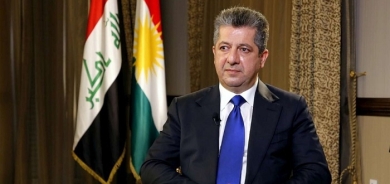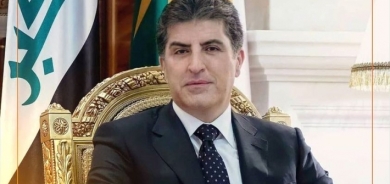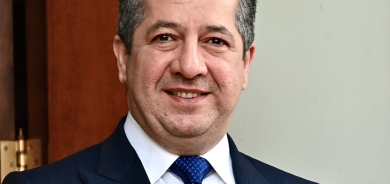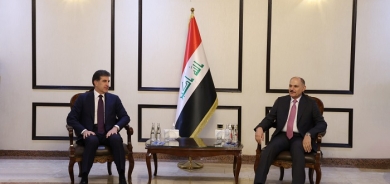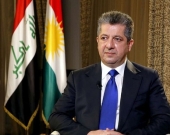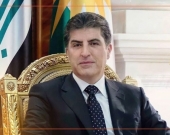Delayed COP27 summit concludes with 'loss and damage' deal
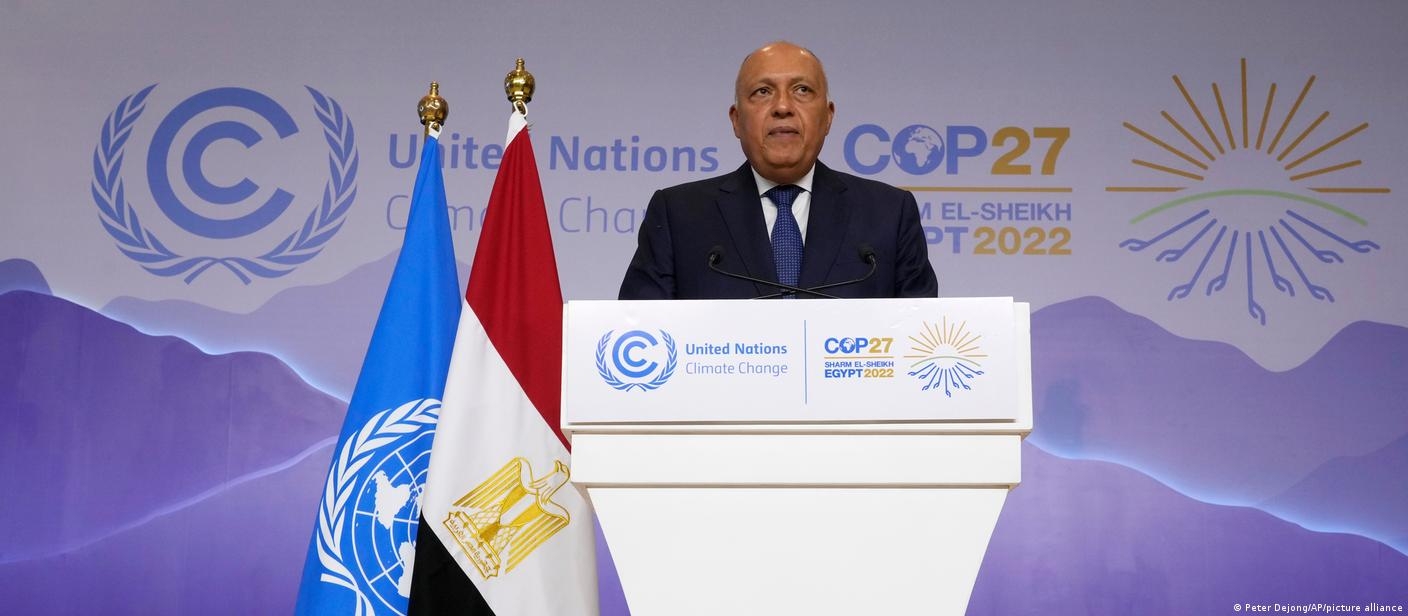
COP27 delegates have signed off on a final draft document. Crucially, they agreed on establishing a "loss and damage" fund that would compensate developing countries hit hardest by climate change.
Climate negotiators in Egypt ended negotiations in the early hours of Sunday, signing off on a final document with consensus around the break of dawn in Sharm el-Sheikh, in talks that had been extended two days past schedule.
"The work that we have managed to do here in the past two weeks, and the results we have together achieved, are a testament to our collective will, as a community of nations, to voice a clear message that rings loudly today here in this room and around the world: that multilateral diplomacy still works," COP President Sameh Shoukry, Egypt's foreign minister, said concluding the summit.
He alluded to "the difficulties and the challenges of our times," but said the international community remained "committed to the fight against climate change."
Related pressures such as rising fuel prices, inflation and the war in Ukraine were seen as an additional test for this year's COP.
"As much as skeptics and pessimists thought that climate action would be taking a backseat on the global agenda, we rose to the occasion, upheld our responsibilities, and undertook the important, decisive political decisions that were not easy," Shoukry said.
He went on to acknowledge that the talks were not easy, involved work "around the clock," and were "strained and sometimes tense," but said "in the end, we delivered."
'Loss and damage' agreement a core breakthrough
Climate negotiators agreed early Sunday morning to establish a fund to compensate developing and climate-vulnerable countries hit hardest by worsening weather extremes, after two weeks of fraught negotiations at the COP27 climate conference in Egypt.
Negotiations were scheduled to end on Friday, but disagreements over key issues led to the conference going into overtime.
Countries managed to strike a deal on the thorniest issue: compensating poor countries — those least responsible for climate change — for loss and damage caused by climate change.
That came after the G77 group of developing nations, who have long called for industrialized nations to pay reparations for climate harms, had the issue added to the official COP agenda for the first time.
Full details still have to be hammered out. Pakistan's climate minister, Sherry Rehman, whose country was hit by massive deadly flooding in the summer said the fund was not "optimal," but it addressed developing nations' "basic demand" that major historical polluters such as the United States and the European Union help vulnerable countries pay for the damage caused by climate change,
Fighting for 1.5-degree goal
Other major sticking points have included increased funding for developing and climate-vulnerable countries to adapt to a warming world, language around phasing out climate-warping fossil fuels and an agreement to lock countries into increasing their ambitions to cut emissions.
The EU threatened to walk away from the negotiations at one point, saying commitments on emissions cuts lacked ambition and would fail to limit warming to 1.5 degrees Celsius (2.7 Fahrenheit) — a target reaffirmed at the Glasgow summit in 2021.
Current action has the world on track for up to 2.7 C warming, which would cause widespread drought, water scarcity, hunger and coastal flooding.
The High Ambition Coalition — an informal grouping of 61 countries including the EU, the US, Canada, Mexico and others — on Saturday insisted that mitigation, or emissions cuts, remains linked with loss and damage, saying the agreement must include the 1.5 C target and loss and damage fund.
Jennifer Morgan, Germany's special envoy for international climate action and former executive director of Greenpeace, said Saturday afternoon: "The European Union said we want to make sure that the most the vulnerable populations, the vulnerable countries around the world, they're the ones that are supported here through a loss and damage fund."
"We know that we have to keep 1.5 degree in sight in order to keep the losses and the damages in check."
At the same time, host country Egypt faced criticism for its chaotic approach to negotiations, with allegations from negotiating parties that they were not distributing key texts and information, and even that were not acting as an honest broker.
Advocacy groups publicly accused Egypt of being heavily swayed by the oil industry, with some analysis showing increased numbers of fossil fuel lobbyists attending this year.
What was agreed on climate compensation?
The agreement on climate reparations payments represented a major U-turn in the talks, after the EU softened its position near the end of the summit. Big polluters had previously resisted a specific fund in fear of being liable for all climate-related extreme weather events.
The EU initially offered to establish a special fund that would cover "particularly vulnerable" nations in exchange for commitments on reducing emissions and if China, now the world's biggest emitter, would pay into it.
But the idea faced opposition from the G77 — a coalition of 134 developing countries — who wanted funding for all its members, including fossil fuel producers and emitters like India and Pakistan. And big polluters such as the US were reticent to commit finance to such a fund.
Emissions reductions a sticking point
Another sticking point in the negotiations has been locking countries into more ambitious reductions of fossil fuel emissions to limit global warming to 1.5 C.
The EU rejected an initial proposal, saying it represented backsliding on the 2021 Glasgow agreement to avoid catastrophic planetary heating and didn't increase ambitions.
Critics said the proposal does not improve on what was agreed in Glasgow in pushing countries to strengthen action to curtail fossil fuel gases.
Still, it does "request" nations submit new emissions reductions targets and plans to adapt to living in a warming world, known as nationally determined contributions, by next year's climate conference.
Negotiators have also clashed over the failure to mention a phase-down of all fossil fuels in the agreement.
India, backed by the EU and Britain, had insisted that the final text ask countries to phase down all fossil-fuel use, instead of just coal. The Glasgow agreement stated a move away from "unabated" coal, with no mention of oil or gas. Unabated coal means burning the fossil fuel without carbon capture and storage.
The weaker language of a phase-down as opposed to also phase-out also leaves "tanker sized loopholes" for further fossil fuel projects, said Nikki Reisch, director of climate and energy at the US-based Center for Environmental Law (CIEL).
But countries such as oil and gas producing states like Saudi Arabia, the group of Arab nations, and China strongly opposed a move to include all oil and gas.
The agreement also, as in Glasgow, called for a phase out of fossil fuel subsidies, but included the wording of a push to transition to "low emission energy systems."
This is an "opening door for continued promotion of fossil fuels instead of shift to renewable energy," tweeted Sebastien Duyck, an attorney at CIEL.
Pledges on methane, zero deforestation struck on the sidelines
Aside from the main text, further commitments to a deal on slashing methane emissions — 80 times more potent than carbon dioxide over a 20-year period — were struck on the sidelines.
Brazil also committed to introducing a zero-deforestation law for the Amazon in 2023, with the Democratic Republic of the Congo and Indonesia also showing intent to follow suit.
Edited by Jennifer Collins
Alistair Walsh | Tim Schauenberg | Giulia Saudelli
DW

